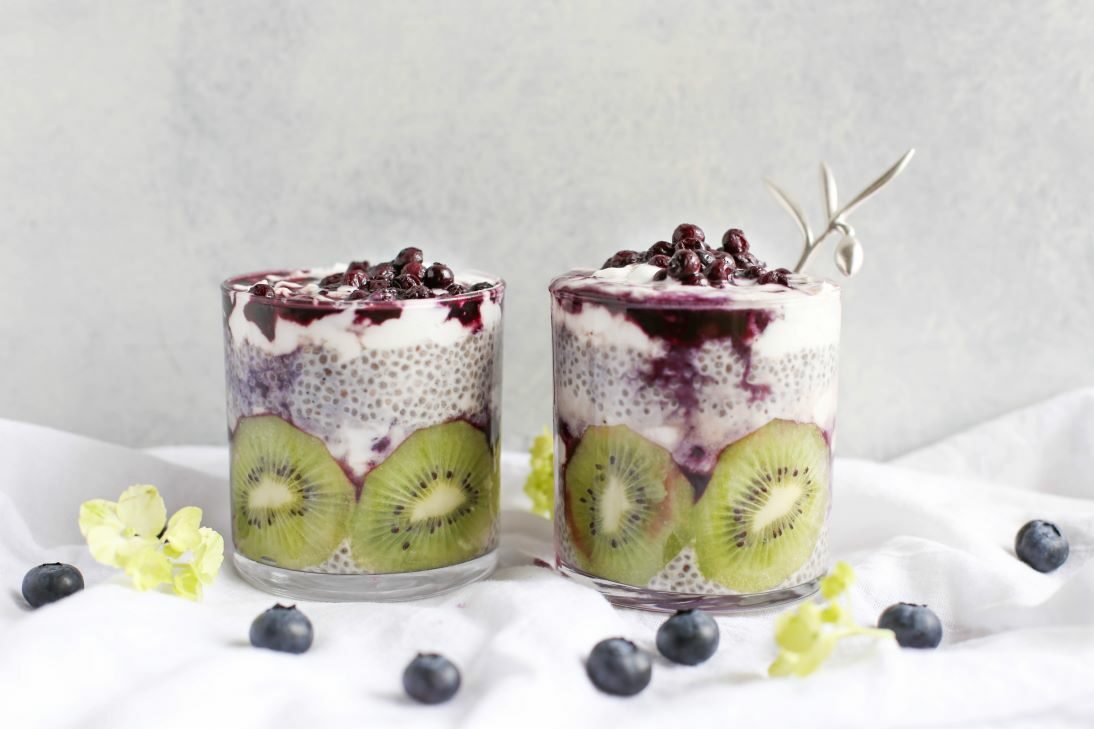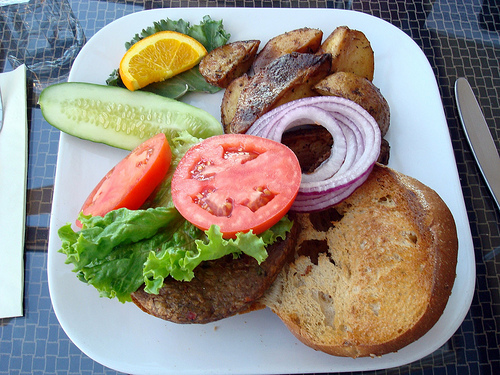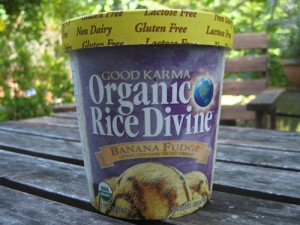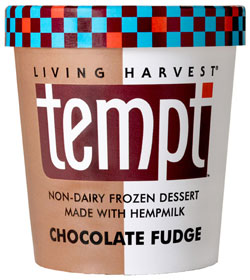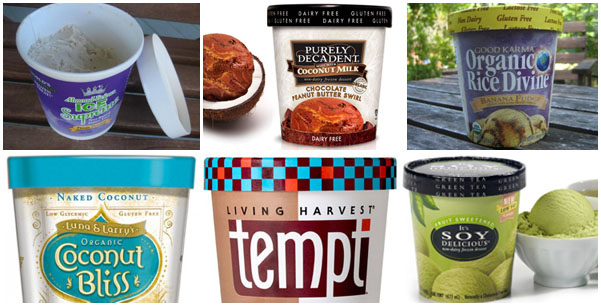Table of Contents
Embarking on a vegan journey can often leave you with questions about obtaining essential nutrients, such as omega-3 fatty acids. As the cornerstones of heart health, brain function, and inflammation reduction, it is crucial to incorporate sources of these valuable acids into your plant-based diet.
While fish oil may be off the menu for vegans, plenty of wholesome alternatives are still available.
We’ll explore some of the best vegan-friendly omega-3 sources, like chia seeds, flaxseeds, walnuts, and algae supplements, to help you maintain optimal health without compromising your values.
Omega-3 Fatty Acids and Their Importance for the Body
Omega-3 fatty acids are vital for heart health, brain function, and reducing inflammation in the body. Here is a quick analysis of the of benefits fatty acids:

Heart Health
Omega-3 fatty acids are crucial for maintaining optimal heart health, as they have been shown to lower triglyceride levels and reduce the risk of heart attack and stroke. These beneficial fats contribute to overall cardiovascular health by decreasing inflammation, improving blood vessel function, and preventing blood clots from forming.

Brain Function
Omega-3 fatty acids are crucial in supporting brain function and overall cognitive health. These essential nutrients improve mental clarity, memory, and focus while protecting against neurodegenerative diseases such as Alzheimer’s and Parkinson’s.
Some individuals may choose to supplement with algae-derived omegas for an added boost of EPA (eicosapentaenoic acid) and DHA (docosahexaenoic acid), which are particularly beneficial for maintaining proper nerve function and preventing age-related cognitive decline.

Reducing Inflammation
Inflammation is a natural response by the immune system to protect against infections and injuries. However, chronic inflammation can lead to serious health issues like heart disease, diabetes, and arthritis.
A well-rounded vegan diet can provide ample sources of these essential fats needed for reducing inflammation. For instance, dietary choices like chia seeds, flaxseeds, walnuts, soybeans, and certain green leafy vegetables are high in alpha-linolenic acid (ALA), a plant-based omega-3 fatty acid that our bodies partially convert into EPA and DHA – compounds known for their anti-inflammatory properties.
Different Types Of Omega-3 Fatty Acids
Omega-3 fatty acids are a type of polyunsaturated fat that is essential for our overall health. They are essential nutrients that the body needs to function properly. However, the body cannot produce them independently, and you must get them from your diet. These omega-3 fatty acids are divided into three main types: DHA, EPA, and ALA.
DHA (docosahexaenoic acid) and EPA (eicosapentaenoic acid) are mainly found in fish and seafood sources and have been shown to support heart health and brain function.
While all three types of omega-3s play different roles in the body’s cellular health, they all have anti-inflammatory properties that can help reduce inflammation throughout the body.
Moreover, Omega-3s are essential in boosting the body’s immune system. By enhancing the body’s capacity to fight off infections, Omega-3 fatty acids can help reduce the incidence of common ailments like colds and flu. They also support skin health, contributing to its hydration and flexibility and reducing the chances of skin conditions such as eczema and psoriasis.
The conversion of ALA to EPA or DHA can be minimal in most people; therefore, it’s recommended that you consume both plant-based sources high on ALA combined with algae-based supplements if not consuming animal products for optimal intake of omega-3s.
Here is a break down of each type of omega-3 fatty acids:
ALA
ALA (alpha-linolenic acid) is a plant-based omega-3 fatty acid that is essential in maintaining heart, brain, kidney, and eye health. This nutrient is found in many vegetable oils and nuts, such as flax, chia, and walnuts.
When consumed through food sources or supplements, ALA helps reduce the risk of heart disease by lowering cholesterol levels and triglycerides in the bloodstream. In addition to its cardiovascular benefits, studies suggest that adequate intake of ALA can help improve cognitive function, support healthy vision, and maintain kidney health.
Overall vegan-friendly sources of Omega-3s are viable alternatives that provide necessary nutrition without compromising consumption preferences.
Furthermore, ALA can boost your metabolic rate, aiding in weight management. High metabolic rates mean your body can burn calories more efficiently, helping maintain a healthy weight, a critical aspect of overall well-being.
EPA
EPA, or eicosapentaenoic acid, is an omega-3 fatty acid that plays a crucial role in maintaining overall health and well-being. It aids in reducing inflammation throughout the body, reducing the risk of heart disease, stroke, and other chronic conditions.
EPA is found primarily in oily fish like salmon and tuna but can also be obtained from plant-based sources such as flaxseed oil or algae supplements.
On top of its cardiovascular benefits, EPA also contributes to mental health, reducing symptoms in conditions such as depression and anxiety. It’s even being studied for its potential benefits in mood disorders, showcasing the power of this essential nutrient.
DHA
DHA is one of the most important omega-3 fatty acids for brain health. It plays a crucial role in maintaining healthy cells throughout our bodies and has been linked to reducing inflammation, improving heart function and cognitive performance.
Unfortunately, obtaining DHA from a vegan diet is difficult as it is typically found in high concentrations in fatty fish like salmon or herring. However, there are still some options for vegans who want to increase their intake of this essential nutrient.
For instance, many plant-based sources, such as seaweed and algae-based supplements, contain DHA, which can be easily added to your diet.
Additionally, DHA is essential in the development of the eye and nerve tissues, which makes it a crucial nutrient during pregnancy for the healthy development of the fetus.
Vegan Food Sources of Omega-3
Some of the best plant-based sources of omega-3 for vegans include chia seeds, flaxseeds and oil, hemp seeds and oil, seaweed, tofu, and walnuts. Here is a comprehensive analysis of each source:
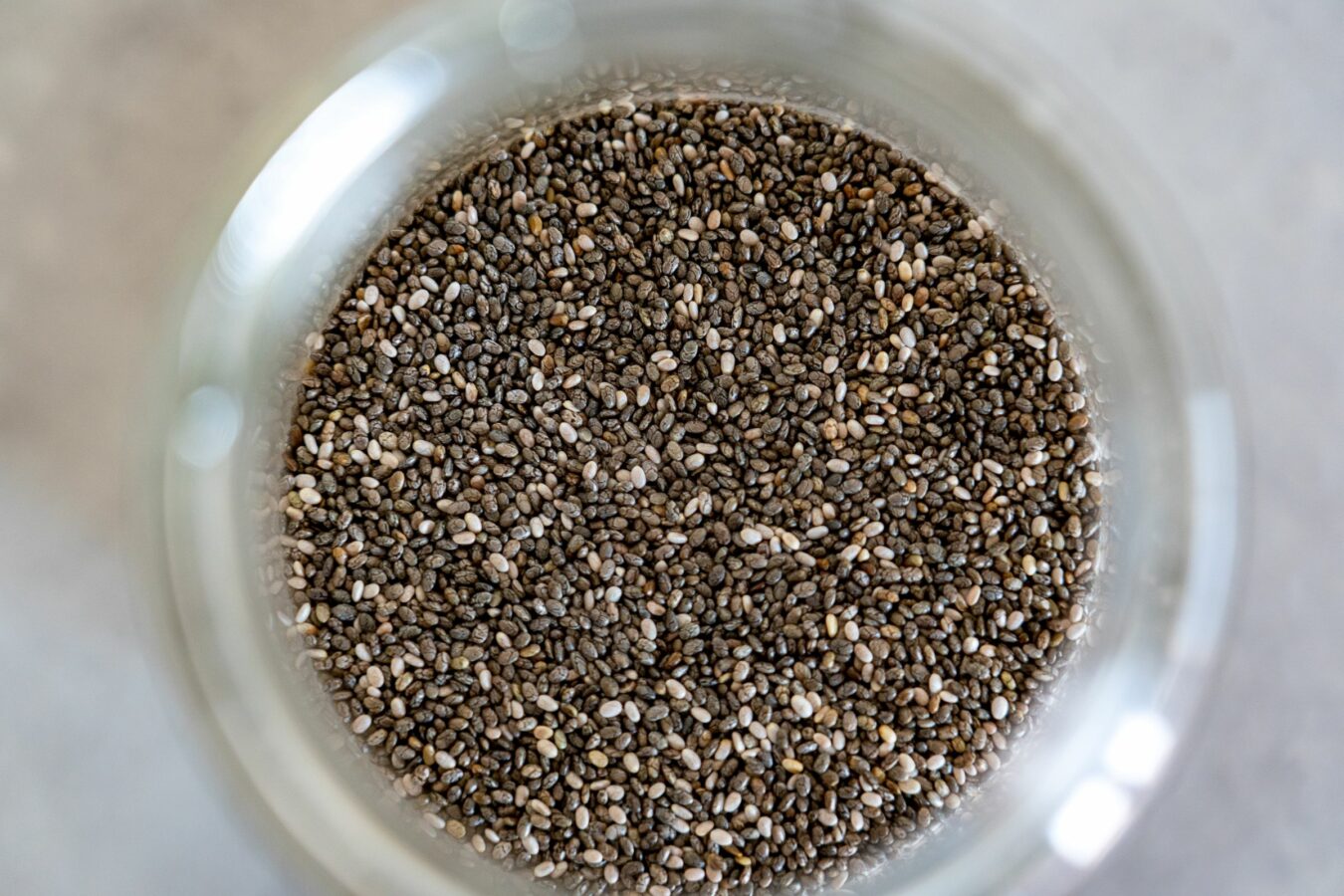
Chia Seeds
Chia seeds are one of the top vegan-friendly sources of omega-3s. But it’s not just about omega-3s – chia seeds also contain fiber, protein, calcium, magnesium, and other important vitamins and minerals, making them a nutrient-dense superfood.
Since they’re so versatile – you can sprinkle them on smoothie bowls or oatmeal or use them as an egg substitute in baking recipes – incorporating chia seeds into your diet is easy and delicious.
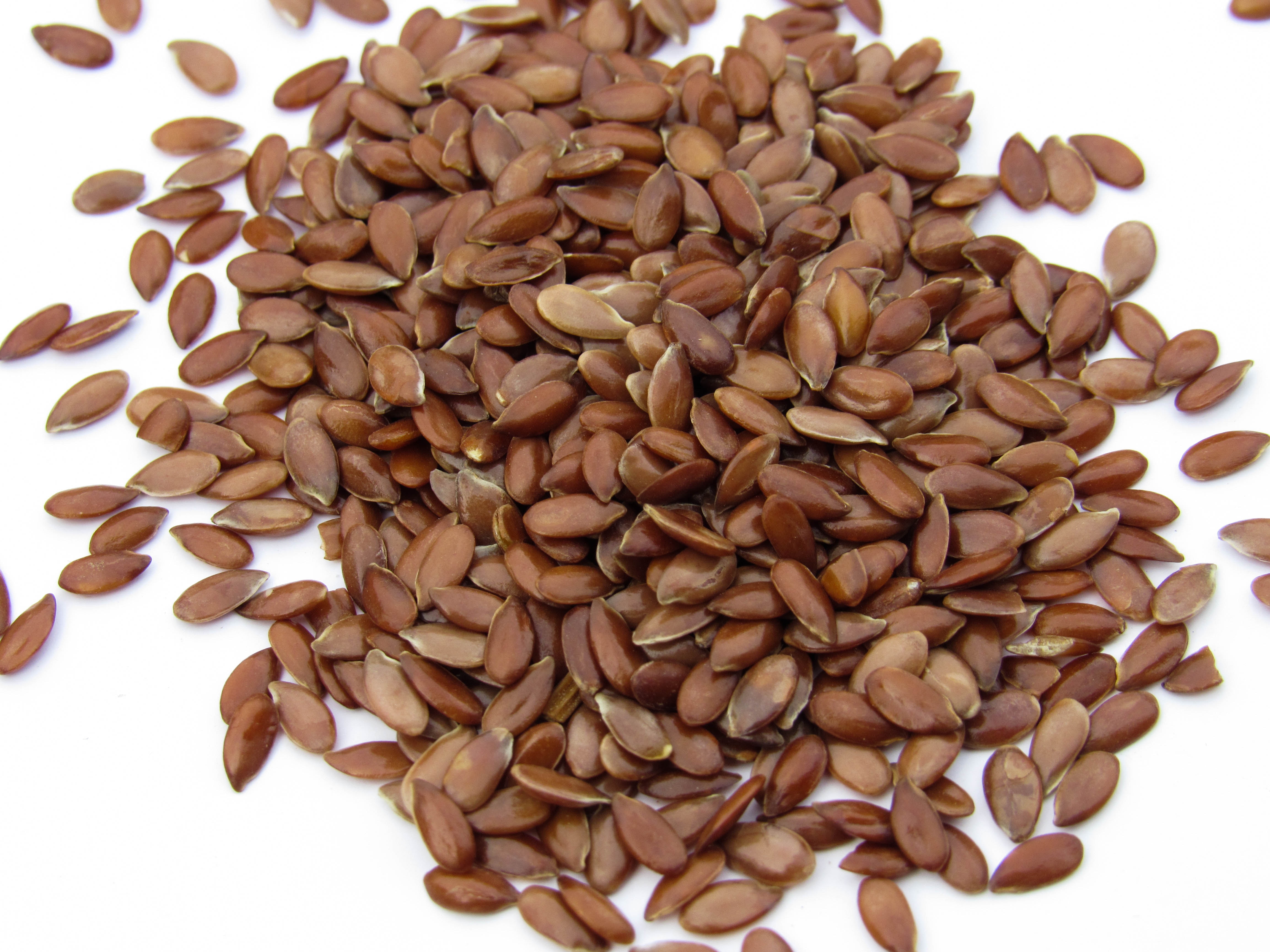
Flaxseeds And Flaxseed Oil
Flaxseeds are a true nutritional powerhouse and the top vegan-friendly source of omega-3 fatty acids. They contain more alpha-linolenic acid (ALA) omega-3 fatty acids than other known food.
These essential fatty acids are crucial for heart health, brain function, and reducing inflammation. Flaxseed oil is also an excellent source of omega-3 and omega-6 fatty acids, which our bodies need to function correctly. But it’s important to remember that flaxseed oil should not be heated or used for cooking as it can become rancid quickly.
Ground flaxseeds can also enhance digestive health due to their high fiber content. It can be added to breakfast cereals, smoothies, and vegan baking recipes. This versatility allows for easy and subtle integration of flaxseeds into the daily diet.
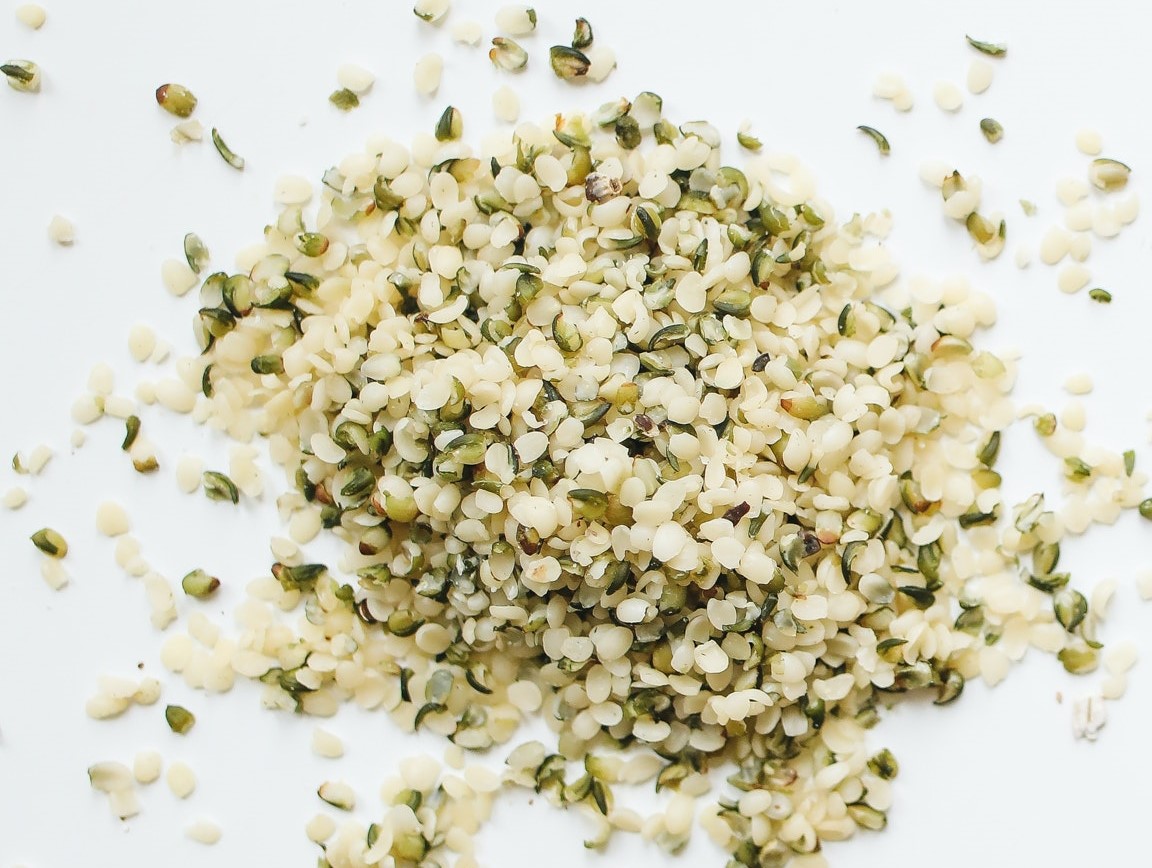
Hemp Seeds And Hemp Oil
Hemp seeds and hemp oil are excellent sources of omega-3 fatty acids, making them great additions to a vegan diet. Three tablespoons of hemp seeds provide approximately 2.6g of alpha-linolenic acid (ALA), one type of omega-3 fatty acid. Hemp seeds and oil are nutritious and have a mildly nutty taste, enhancing the flavor of various dishes. They’re an excellent addition to vegan diets because hemp seeds contain all nine essential amino acids, unlike many plant-based protein sources, making them a complete protein source.
Incorporating these nutritious seeds into your daily meals is easy – sprinkle them on top of smoothie bowls or salads for an added crunch, or use hemp oil instead of other oils while cooking.
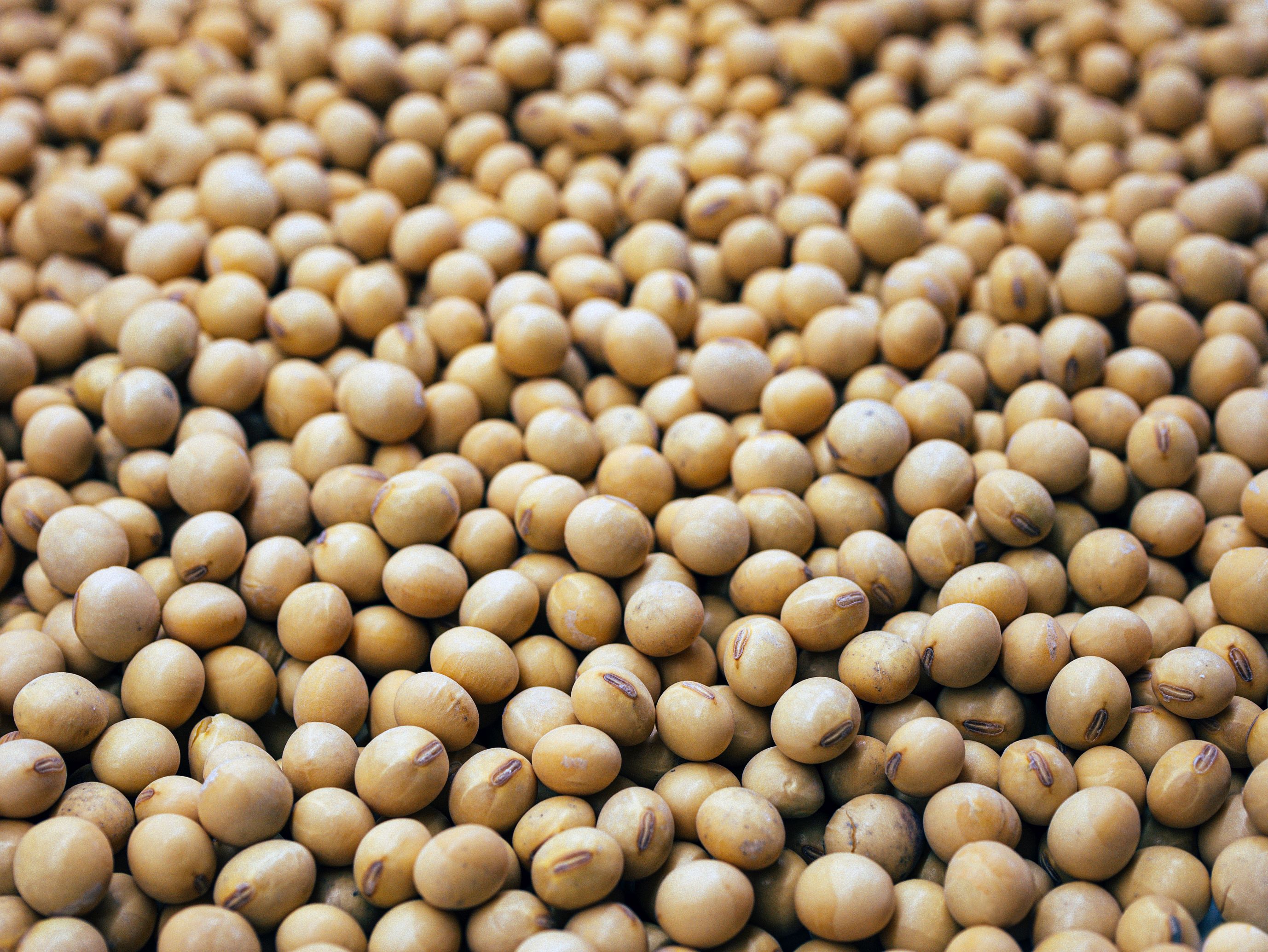
Soybeans and Tofu
Soybeans and tofu are excellent vegan-friendly sources of omega-3 fatty acids. Soybeans, in particular, are brimming with fiber and contain around 510 mg of omega-3 per half-cup serving. They’re rich in minerals like calcium, iron, and zinc, vital for bone health, blood production, and immunity. Moreover, soy products are a good source of B vitamins necessary for energy production and overall metabolic function.
Tofu is also a great source of this essential fatty acid, as are tempeh, soy milk, and kidney beans. In addition to their omega-3 content, soy products boast high protein levels and other nutrients, making them fantastic alternatives to meat-based dishes.
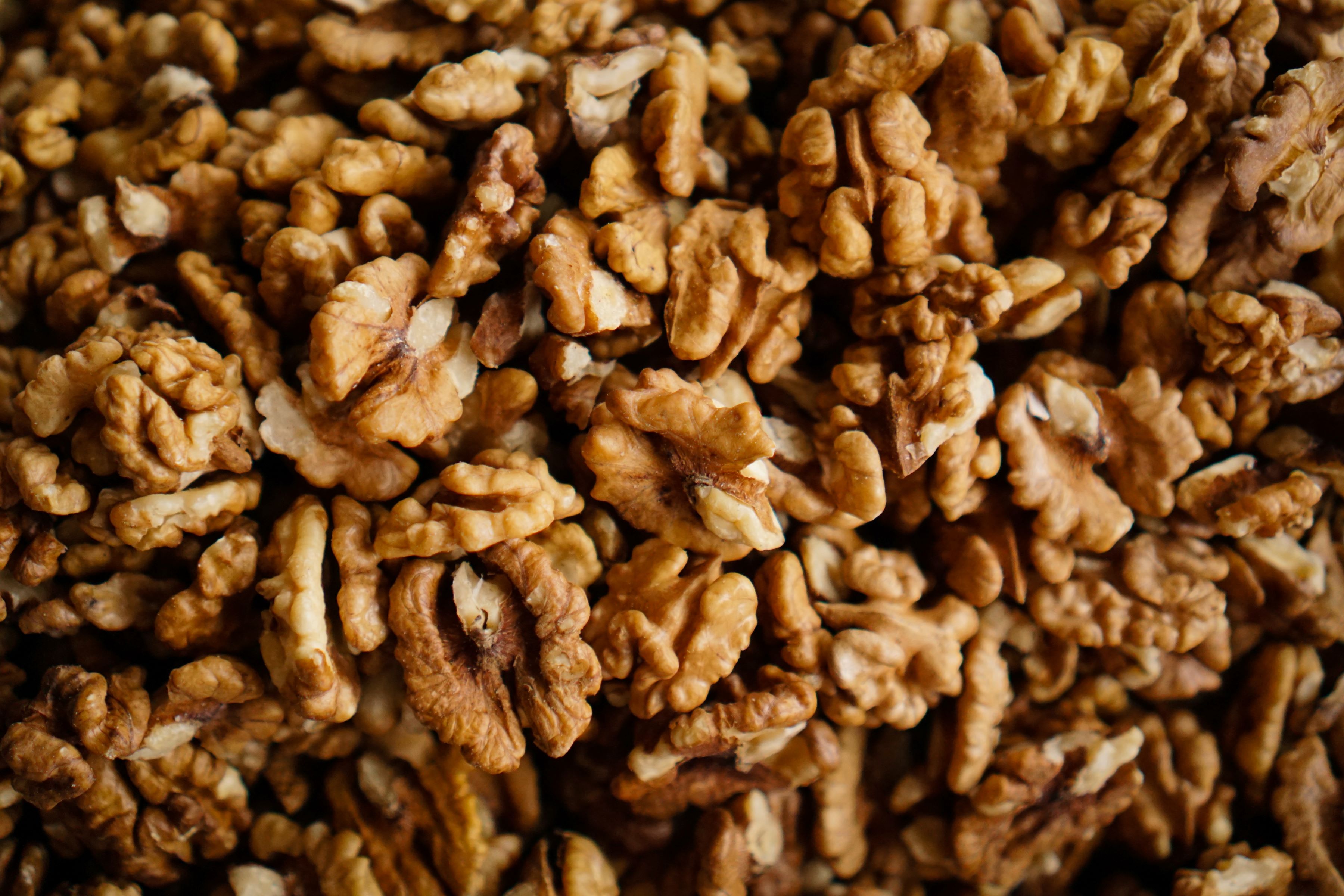
Walnuts
Walnuts are one of the top vegan-friendly sources of omega-3 fatty acids, and a handful of these delicious nuts can help you meet your daily ALA recommendations. With up to 2.5 grams of ALA per ounce, walnuts are an easy and convenient way to incorporate more omega-3s into your diet.
Incorporating walnuts into your vegan diet is simple. You can snack on them alone or add them to salads, oatmeal, or smoothies for a nutritious boost. Six walnut halves provide the same amount of ALA as a tablespoon of ground flax or chia seeds. This makes it an affordable and easily accessible option for vegans to increase their omega-3 intake.
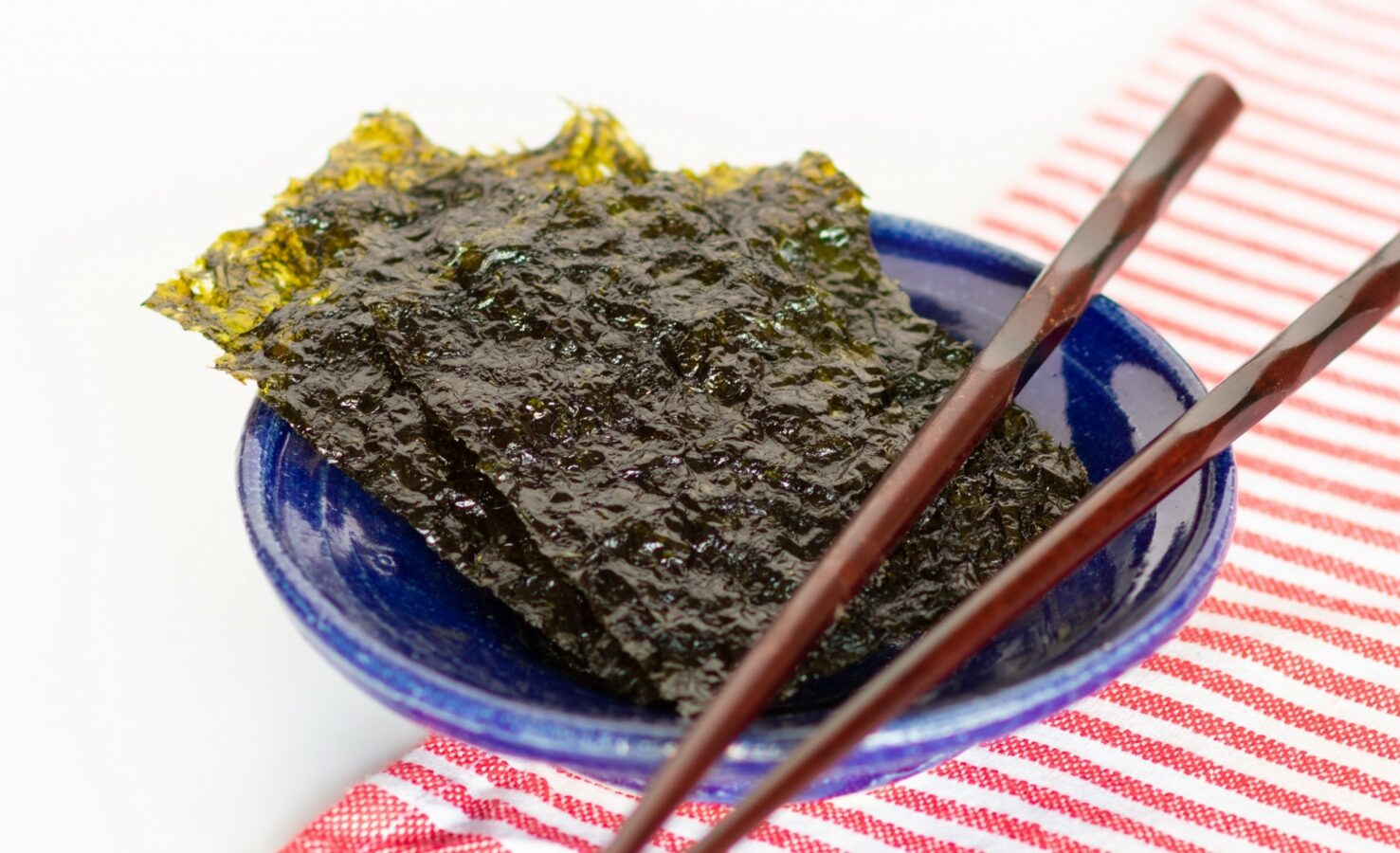
Seaweed and Nori
Seaweed and nori are amazing sources of omega-3 for vegans. They are incredibly nutrient-rich and provide a variety of other health benefits as well, such as improving digestion, reducing inflammation, and promoting healthy skin.
Seaweed is a great snack option that can be enjoyed either dried or roasted, while nori is often associated with making sushi rolls. Incorporating these plant-based sources into your diet can help you meet your daily requirements for omega-3 fatty acids.
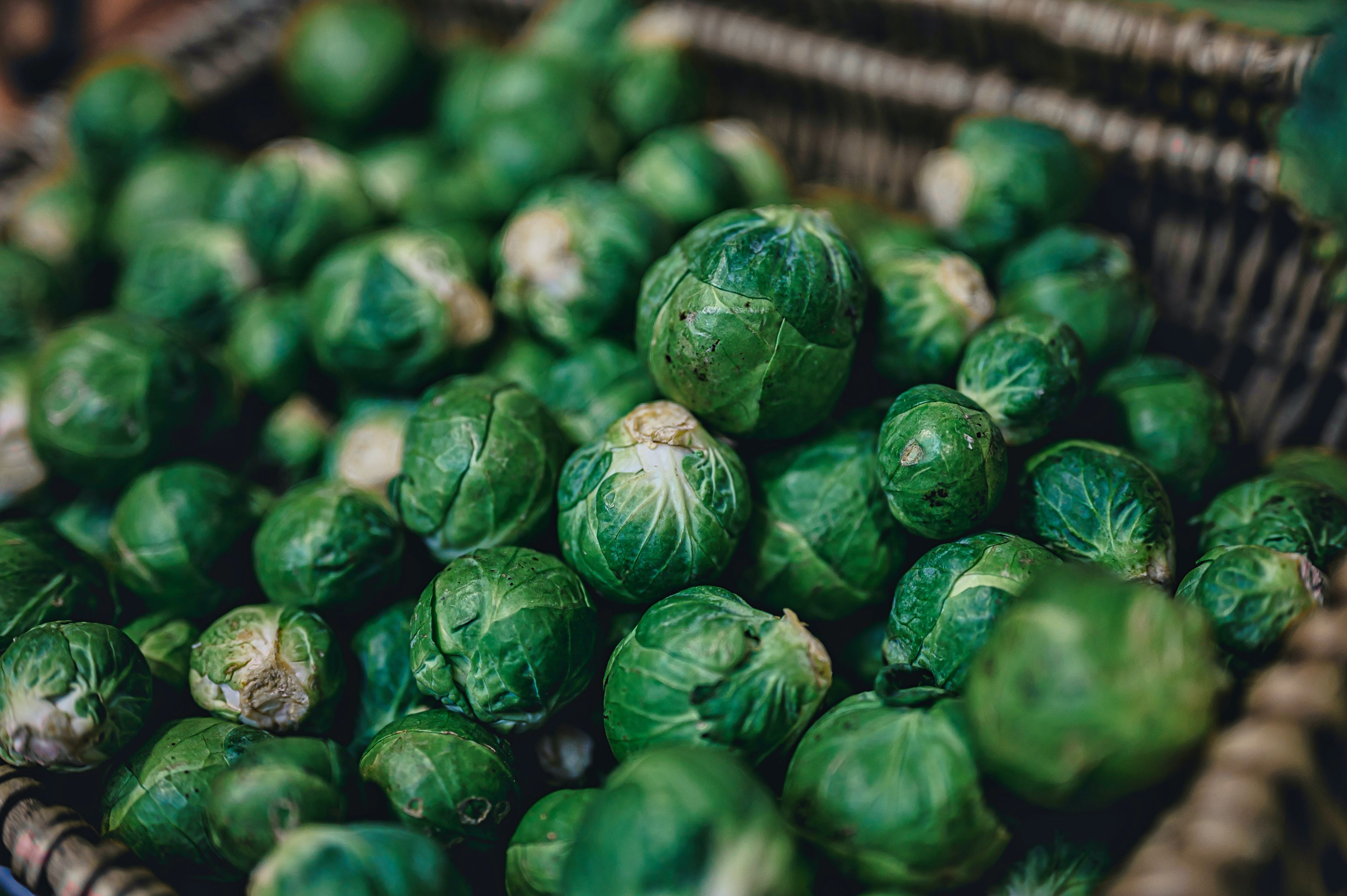
Brussels Sprouts
Brussels sprouts, the tiny cruciferous vegetables, are a great source of omega-3s for those following a vegan diet. Just one cup of raw Brussels sprouts provides approximately 88 milligrams of omega-3 fatty acids, making them an excellent addition to any healthy diet.
Half a cup of cooked Brussels sprouts contains about 135 mg of ALA (alpha-linolenic acid), converted by the body into EPA and DHA – two other essential forms of omega-3s.
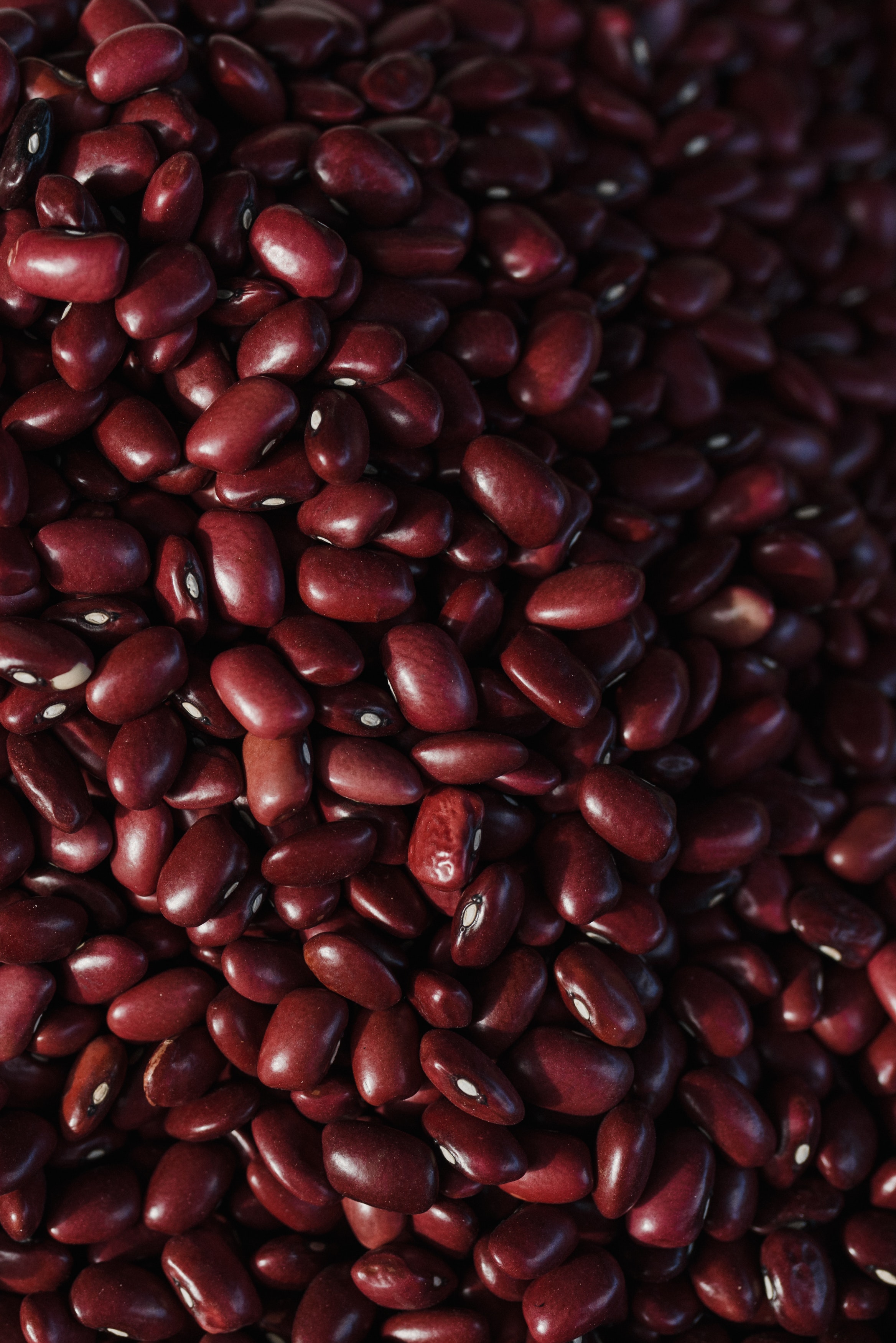
Kidney Beans
Kidney beans are an excellent vegan-friendly source of omega-3 fatty acids, providing 210 milligrams in every cup. While they may not be the highest plant-based source of omega-3s, kidney beans still offer around 10 percent of your daily needs.
Incorporating kidney beans into your meals can provide numerous health benefits for brain function and overall well-being. So why not add them to salads or soups? You can even use them as a base for veggie burgers or as a filling for tacos or burritos.
Vegan Omega-3 Supplements
Plant-based EPA and DHA supplements are available for those who want to ensure they meet their omega-3 needs, as converting ALA to EPA and DHA is only sometimes efficient.
Plant-based EPA and DHA Supplements
While a vegan diet can provide many health benefits, it may need to catch up when providing enough omega-3 fatty acids. However, the good news is that supplementing with plant-based EPA and DHA from microalgae is possible.
Algae-based vegan omega-3 supplements are a great option for vegetarians and vegans as they contain high amounts of these essential fatty acids without consuming fish or other animal products.
It’s important to note that while ALA (found in chia seeds, flaxseeds, etc.) can convert into EPA and DHA, this conversion rate must be higher to meet daily requirements.
ALA to EPA and DHA Conversion
While the body can convert alpha-linolenic acid (ALA) into longer-chain omega-3 fatty acids such as eicosapentaenoic acid (EPA) and docosahexaenoic acid (DHA), it does so at a low rate of 5% to 8%.
Therefore, consuming dietary sources of EPA and DHA is recommended for optimal brain health. Additionally, while supplementing with ALA may seem like a viable alternative, research suggests it needs to convert back to EPA and DHA more effectively.
Vegans may have difficulty getting adequate levels of DHA through their diet, as conversion from ALA to DHA is lower than conversion to EPA.
Balancing Omega-3 and Omega-6 Intake
Balancing omega-3 and omega-6 intake in a vegan diet is crucial, as both are essential fatty acids the body needs. Let’s look at the common sources of omega-6 that can help you balance these two fatty acids:
Common Sources Of Omega-6
Omega-6 fatty acids are essential fats the body needs to function, but balancing their intake with omega-3 is important. Familiar sources of omega-6 include sunflower oil, safflower oil, and soya oil.
These oils are often used in cooking and can be found in many processed foods such as crackers, chips, and baked goods. Consuming too much omega-6 can increase inflammation levels and lead to health problems like heart disease.
Lifestyle Factors That Impact Omega-3 Absorption and Utilization
Living a healthy lifestyle can do wonders for your overall well-being, including optimizing omega-3 absorption in the body. Factors such as alcohol consumption, smoking, and high-stress levels can all impact how efficiently your body absorbs omega-3 fatty acids.
Alcohol Consumption
Alcohol has been shown to reduce the concentration of DHA while also damaging cell membranes, negatively impacting overall health.
Smoking
Stress Levels
Managing stress through exercise or mindfulness practices like meditation or yoga may lead to increased omega-3 absorption.
Exercise
Exercise helps increase blood flow to tissues allowing for better nutrient delivery.
Tips for Maximizing Omega-3 Absorption and Utilization
To ensure you’re getting the most out of your vegan omega-3 sources, there are a few things to remember. Firstly, it’s important to balance your intake of omega-6 and omega-3 fatty acids, as too much omega-6 can impede the body’s utilization of omega-3.
Another way to maximize absorption is limiting total fat intake and avoiding trans fatty acids while reducing saturated fats. This helps optimize essential fatty acid intake and aids in efficient absorption by the body.
Finally, regular consumption of EPA+DHA from fish oil capsules or algae-based supplements has increased the Omega-three index in healthy adults when included as part of an overall plant-rich diet with adequate alpha-linolenic acid (ALA).
